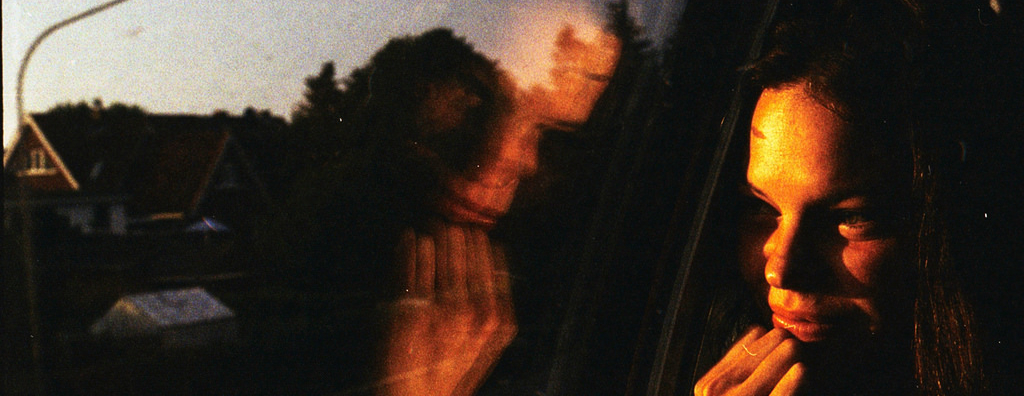
I’m starting an occasional series this week I’m calling Three Good Things. This is by no means an idea I’ve borrowed from a cookery writer. Absolutely not.
The idea is this: grab three recent writing or publishing links that resonate with one another either directly or through me – and lay them out here with a word or two of my own.
I’ll start with two Guardian pieces by all-round writing star AL Kennedy. For the first, Kennedy is challenged to describe a typical writing day. Kennedy’s non-fiction voice tends typically towards the doleful – but then she invariably performs a magic trick which lands us up somewhere else entirely. In this case, she wrongfoots both the reader and her editor from the very start by explaining that no writing days are typical anymore — the “busyness and business of being a writer fight for space with anything like writing.” Part of the reason for both busyness and business soon becomes clear:
As payment for everything plummets, I find I am back on the road as much as I was when I started out. The percentage of my income that comes from UK book publication is now the same as it was when I started out. But things could be worse. Like many UK authors, I am supported by income from abroad, especially Germany.
This leaves little room for hope, I suppose. There is pleasure to be found in her descriptions of second class rail travel in Britain and a gentle contrasting pay off in the consolations of loved ones. There is a sense of decline here, though. This is a country in which even the trains despair.
If Kennedy seems resigned in the first piece, she is gloriously, joyously angry in the next. Kennedy is too in control of both herself and of her language to rant, but this furious, funny and despairing article comes close. She mercilessly satirises the current state of Britain and the mendacity and cynicism of the architects of its decline.
…the Bank of England is hosing billions of our real(ish) pounds into the offshore accounts and betting syndicates of the hyper-rich. Jersey, the Turks and Caicos Islands and other tax-free paradises can now beat catastrophically rising sea levels by simply mounding boring old cash into new shorelines and mountain ranges. Meanwhile, the world stares at Britain and sees a drunk, dank rock crawling with Shrek-faced bigots and delusional schoolboys in grown-up suits. Happy? I’m light-headed with transcendent bliss.
But once again, Kennedy’s tone shifts. She leaves us, if not with hope, then at least a call to arms. The article paints a dysfunctional relationship between an abusive 1% and the ironically beleaguered 99%. It’s time to leave, she says:
We can replace conventional media and make the bullshit crawl while the truth flies. Our status quo is doing nothing but scream threats and hurt us, because it knows we have already reached Peak Deception. We’ll be reaching someone else’s rock bottom soon, watching them self-destruct. We don’t have to sink with them. We can leave. We can try building other lives. Beleaguered partners, ruined communities and societies have done it before – we can, too. We’re not pathetic, we don’t have to take anything back, we’re already ourselves. We can do exactly what we’re being told not to – help each other.
It’s a cheering thought, even if it’s a little less emphatic than the anger that spawned it.
The third link is very different. Alyson Foster’s piece in Writers & Artists is interesting in the way of all ‘how I got published’ stories. For writers, there’s something magical about such tales – perhaps because they are structured a little like romances. Almost by definition, you know the author and her book deal will be united in the end. She probably wouldn’t be telling this story otherwise. And along the way, you know that there will be setbacks and near misses – tribulations on the journey to the happy ending. See where I’m going with this? Despair and consolation, see?
But one passage particularly caught my eye:
A week or two slowly passed. Then I received a reply. The agent had read my collection and … she had decided to pass on representing me. She liked the stories, she said, but she was more interested in a novel. When I had more of my novel written, she would be happy to take a look at it, but until that day it was thanks but no thanks.
That response – that the door was still open a crack – should have motivated me, but at the time it didn’t. It came at a time of several other setbacks; my optimism about my prospects as a writer was pretty much nonexistent. I continued to work fitfully on my novel, but without a lot of hope that it would ever see the light of day.
This seems dangerously close to a universal truth – that it is really hope we fear. At least, as someone who is expert at snatching defeat from the jaws of victory, I certainly recognise it. A complete absence of interest in your work leaves the possibilities gloriously open. But encouraging rejections and vague commitments spell compromise and disappointment. Failing to engage is so much more comfortable than trying and failing.
It’s no spoiler to say that Foster’s tale does not end in failure, though. And here’s to that.
photo credit: By Train at Sunset via photopin (license)




